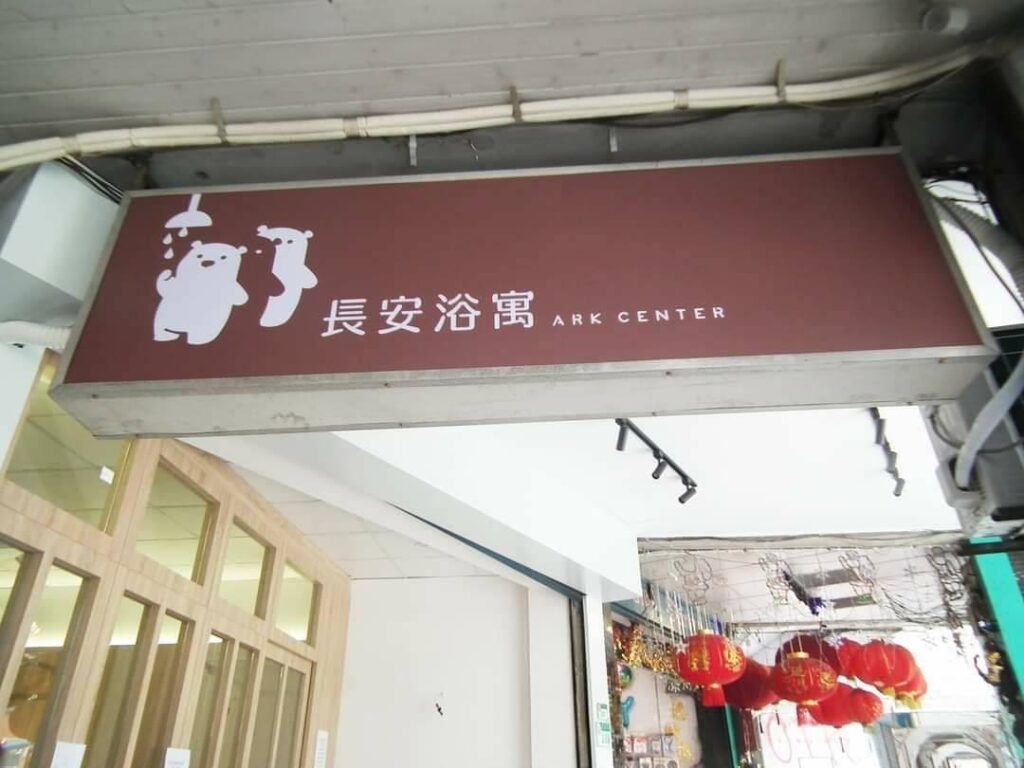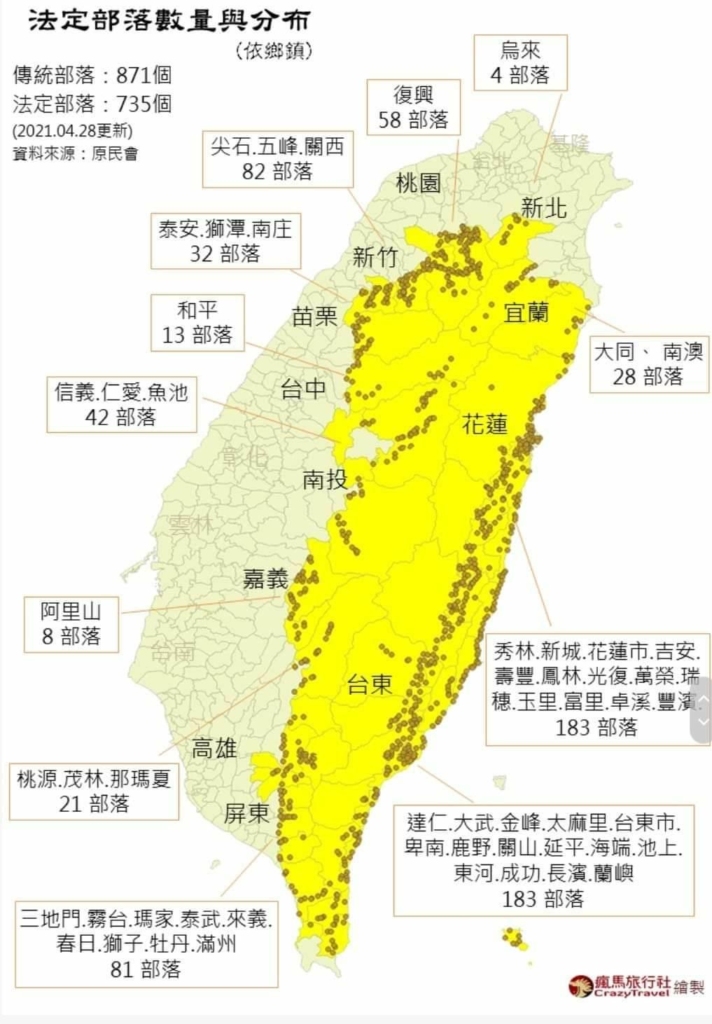Northeast corner SUP SUP (Stand-Up Paddleboarding) originated in Hawaii and can be traced back to the water sports of ancient Polynesians. This unique water sport combines elements of surfing and rowing and was originally developed as a practice for surfing when the waves are calm. Inspired by Hawaiian sailors and surfers, SUP has gradually evolved into an activity suitable for leisure play and full-body exercise.
Author Archives: Aura
People argue online that Hualien is so boring because of its mountains and rivers.
But the negative side expressed it was brilliant. Hualien, Taiwan is the most beautiful and nostalgic place. Let’s get to know Hualien through words and pictures!
Every summer, besides soaking in cold springs, tracing rivers, and swimming, what else do you look forward to? In the summer evening, the sea breeze slowly dissipates the heat, adding a lot of romance! Reminiscent of: Shakespeare’s Midsummer Night’s Dream, Coral Lover’s Dream…the tranquility is intoxicating, the quiet summer night!
I met Teacher Banai by chance;
In April, I brought my children to participate in the East Coast Shuilian Tribe’s Spray Crab event, where I got to know Teacher Banai;
The children like Teacher Banai very much, and I am very grateful to Teacher Banai for taking care of the children.
Panay is the traditional name of the Ami people;
Teacher Banai’s name comes from the Ami language, which means glutinous rice/ear of rice; it also means hard work, wisdom, and beauty.
At present, the most famous tourist landmarks in Shuinandong include the Light Thirteenth Floor, Shuinandong Fishing Port, Yin Yang Sea, and the famous staircase next to Liandong Elementary School… But Shuinan Cave is very colorful in the corridor of historical time and space! From the perspective of ancient place names, history and cultural assets, the water mentioned in Shuijinjiu is Shuinan Cave. Although it is not as famous as Jinguashi and Jiufen, it is From a historical and cultural perspective, they are on par!
Shuinandong Fishing Port is backed by the Jiufen and Jinguashi Keelung volcanoes. The port faces the famous Yin and Yang Sea in northern Taiwan. You can experience the local landscape characteristics at one time. The special landscape is the gathering of mountains, waterfalls and sea, which may only be possible in Taiwan. have!
One of the Bunun tribes on the east coast is located in the alpine forest base of Isaki, on the coast mountains next to the Taiwan 11th line. There is a small group of Bunun people living here. The Bunun tribe here is called the Gaoshan tribe.
I was a little surprised to learn that the mountain tribe is the Bunun people, because I thought that the Bunun people are from Xinyi in Nantou, Zhuoxi in Hualien, and Haiduan in Taitung. How could they be Isaki in Hualien on the east coast?
Speaking of traditional culture, we will naturally think of Taoism, Confucianism and Buddhism. The cultures of these three families are full of wisdom and are the shining pearls of the wisdom of the Chinese nation. When Chiang Kai-shek withdrew from Taiwan in 1949, he not only brought gold, precious cultural relics, and high-end talents from all walks of life, but also ordered these three people to be taken with him. Who were these three people?
And 400 years ago, the Han people, who represent the main body of the Sino-Tibetan language family, also came to Taiwan one after another. As a result, these two major language groups collided fiercely on this land. The Ming Dynasty and the Dadu Dynasty attacked, and the Qing Dynasty and The struggle between the Pingpu and Gaoshan tribes, like other places, went through battles, confrontations, and coordination… and finally ended in peace, and these two ethnic groups and the cultures they represented finally coexisted harmoniously.










